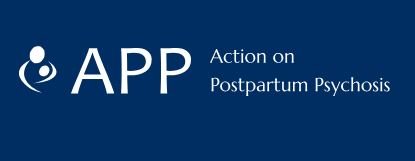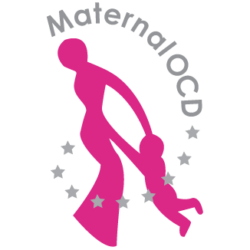
Groups providing support and raising awareness
Perinatal mental health: awareness and support
I spend much of my time campaigning for better perinatal mental health services, working with some inspirational alliances (you can read about those on the campaigns page). However, I am also involved with many initiatives aimed at raising awareness about maternal mental illness and providing support. Even if we had comprehensive clinical perinatal mental health services nationally, we would still need community resources, such as peer support. I am linked to a number of maternal mental health groups and charities and help provide support and information through collaborative social media projects. You can discover more about these ventures on this page.
National support groups
It is an honour to be associated with a number of excellent not-for-profit support groups and charities across the UK.
Local support groups
At a local level, you may find that there is a maternal mental health support group, whose aim will be to provide help for mothers and families in the community. An excellent way to locate services near you in England can be found on the interactive map created by the Hearts & Minds Patnership.
Peer support is a valuable tool, and there is probably no better expertise than lived-experience. However, it is important that support groups (especially those run by local charities) have formal safeguarding policies to protect the people being supported, and those doing the supporting. This includes ensuring that leaders are currently well, and have mental health training, supervision, mentoring, crisis response, and child protection training. Here are a few examples of some excellent local support groups:
Support and information for fathers
All too often, husbands and partners are overlooked when it comes to providing support and information. You can discovery more about my work in that area, and about the services that are available, on the fathers page.
Social media and Internet support services
In this age of accessible internet across a range of devices, online support services are becoming increasingly popular. Many charity groups are using secure and anonymous portals to provide support.
One danger of online support services is knowing what information can be trusted. In light of that Best Beginnings (the pregnancy and infancy charity) have created the excellent Baby Buddy app to support families experiencing perinatal mental health problems. All of those resources are sanctioned by the Royal College of Obstetricians and Gynaecologists. I helped Best Beginnings develop those resources.
Another key tool for support and advice is through social media. Many charity and support groups have closed or secret Facebook pages, where they can offer support in an environment where may feel safer to talk openly. Public social media platforms can also be used to campaign, share awareness and signpots to support.
Action on Postpartum Psychosis (APP) helps mothers (and families) experiencing postpartum psychosis, with access to professional and peer support, information services, and links to research , and access to a secondary referral (psychiatry) service.
The Maternal OCD charity has some great resources and access to support, including this excellent short film.
Also, OCD-UK have produced some excellent information about perinatal OCD.
Make Birth Better do some excellent work with birth trauma, including raising awareness, campaigning, undertaking research and providing support. It is my honour to be a Champion for thus great network.
Unfold Your Wings is a site where mothers (and fathers), who have experienced birth trauma, can share their stories. The site provides information on birth trauma and PTSD, including access to support that helps build through the journey to recovery.
The Birth Trauma Association is a UK charity dedicated to supporting women and families who have experienced traumatic birth. They aim to support parents and families, and improve parents’ experience of birth - engaging and educating health professionals, and taking part in research to identify failings in maternal care.
At DorPIP (in Dorset) we provide therapeutic intervention for parent-infant relationships (which may well have been compromised by perinatal mental ill-health). We also help with supporting families with their mental health. I am a Trustee (and ambassador) for that charity.
The Smile Group provides perinatal mental health support for parents across Cheshire East and are a founding member of Hearts & Minds Partnership. Services include peer support groups, one-to-one home visits, talk therapy and family sessions
Juno support mums in Edinburgh who are struggling with their mental health during the perinatal period, through our weekly peer support groups







